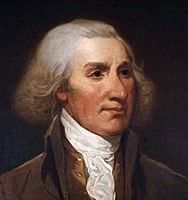
Abraham Van Vechten was an American lawyer and a Federalist politician who served twice as New York State Attorney General.

The 1789 United States Senate election in New York was held in July 1789 to elect two U.S. Senators to represent the State of New York in the United States Senate. It was the first such election, and before the actual election the New York State Legislature had to establish the proceedings how to elect the senators.
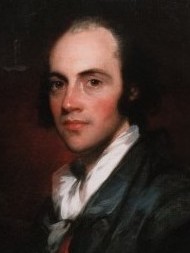
The 1791 United States Senate election in New York was held on January 19, 1791, by the New York State Legislature to elect a U.S. Senator to represent the State of New York in the United States Senate. The election was conducted by a system of approval voting.

The 1795 United States Senate election in New York was held on January 27, 1795 by the New York State Legislature to elect a U.S. Senator to represent the State of New York in the United States Senate.
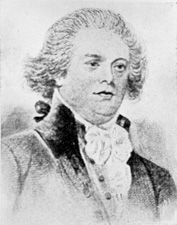
The 1796 United States Senate special election in New York was held on November 9, 1796, by the New York State Legislature to elect a U.S. Senator to represent the State of New York in the United States Senate.

The first 1798 United States Senate special election in New York was held on January 11, 1798, by the New York State Legislature to elect a U.S. Senator to represent the State of New York in the United States Senate.

The second 1798 United States Senate special election in New York was held on August 17, 1798, by the New York State Legislature to elect a U.S. Senator to represent the State of New York in the United States Senate.
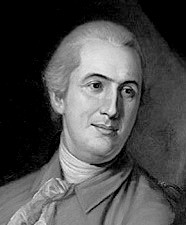
The first 1800 United States Senate special election in New York was held on April 3, 1800, by the New York State Legislature to elect a U.S. Senator to represent the State of New York in the United States Senate.
The second 1800 United States Senate special election in New York was held on November 6, 1800, by the New York State Legislature to elect a U.S. Senator to represent the State of New York in the United States Senate.
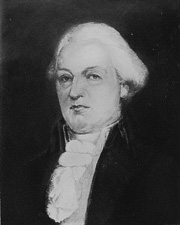
The 1803 United States Senate election in New York was held on February 1, 1803, by the New York State Legislature to elect a U.S. Senator to represent the State of New York in the United States Senate.
The 1790 and 1791 United States Senate elections were the second series of elections of senators in the United States. In these elections, terms were up for the nine senators in Class 1. As of these elections, formal organized political parties had yet to form in the United States, but two political factions were present: The coalition of senators who supported President George Washington's administration were known as the Pro-Administration Party, and the senators against him as the Anti-Administration Party.
The 1796 and 1797 United States Senate elections were elections for the United States Senate which, coinciding with John Adams's election as President, had the ruling Federalist Party gain one seat.

The 1788 and 1789 United States Senate elections were the first elections for the United States Senate, which coincided with the election of President George Washington. As of this election, formal organized political parties had yet to form in the United States, but two political factions were present: The coalition of senators who supported George Washington's administration were known as "Pro-Administration", and the senators against him as "Anti-Administration".

The 13th New York State Legislature, consisting of the New York State Senate and the New York State Assembly, met from July 6, 1789, to April 6, 1790, during the thirteenth year of George Clinton's governorship, first in Albany, then in New York City.

The 14th New York State Legislature, consisting of the New York State Senate and the New York State Assembly, met from January 5 to March 24, 1791, during the fourteenth year of George Clinton's governorship, in New York City.

The 15th New York State Legislature, consisting of the New York State Senate and the New York State Assembly, met from January 5 to April 12, 1792, during the fifteenth year of George Clinton's governorship, in New York City.

The 19th New York State Legislature, consisting of the New York State Senate and the New York State Assembly, met from January 6 to April 11, 1796, during the first year of John Jay's governorship, in New York City.

The 20th New York State Legislature, consisting of the New York State Senate and the New York State Assembly, met from November 1, 1796, to April 3, 1797, during the second year of John Jay's governorship, first in New York City, then in Albany.

The 21st New York State Legislature, consisting of the New York State Senate and the New York State Assembly, met from January 2 to April 6, 1798, during the third year of John Jay's governorship, in Albany.

The 22nd New York State Legislature, consisting of the New York State Senate and the New York State Assembly, met from August 9, 1798, to April 3, 1799, during the fourth year of John Jay's governorship, in Albany.
